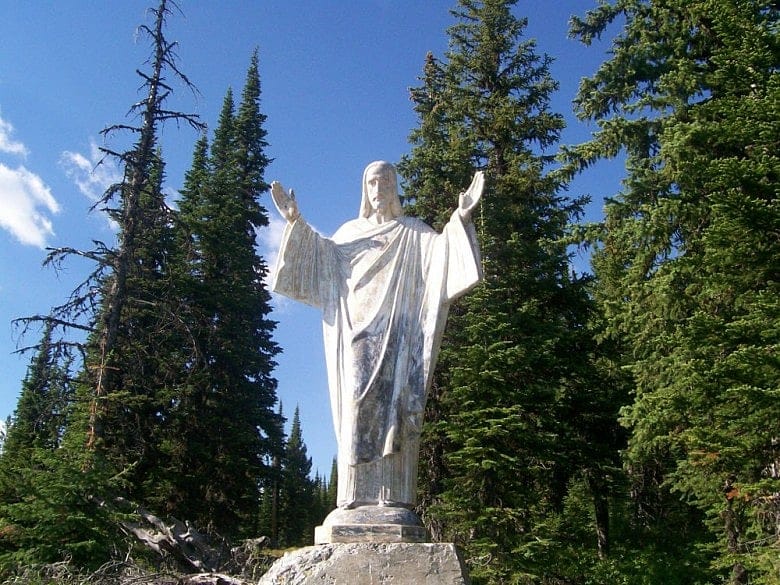Religious liberty on the slopes

If I told you a federal court recently ruled that a 60-year-old statue of Jesus may remain on public property, I'm guessing you'd be surprised. After all, you may have heard some people argue that a crèche at the courthouse or a Star of David on a Holocaust memorial violate the First Amendment's prohibition on government establishment of religion.
So why not a statue of Jesus on a public ski slope?

